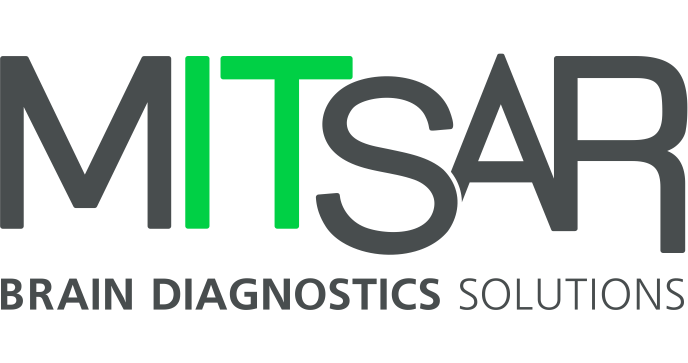FREE WEBINAR: Why you may want to add Functional Brain Mapping techniques to your practice

Date: 23 of September 2021
Time: 16.00 (Helsinki time | UTC+03:00)
Lecturer: Olga Kara, PhD
Zoom Meeting ID: 779 3399 4713
Facebook: https://fb.me/e/1baibxDVp
Brain imaging technologies include scanning techniques that allow us to perform non-invasive spatial brain mapping to identify morphological construction of different brain structures, measure neurochemical processes, and record functional changes in response to a particular task. These approaches include computerized tomography (CT), magnetic resonance tomography (MRT), functional magnetic-resonance tomography (fMRI), positron emission tomography (PET), single-photon emission computer tomography (SPECT), diffusion tensor imaging (DTI), Diffuse optical tomography (DOT). The main limitations for all listed methods are the poor temporal resolution (whereas most of the brain processes happen at the millisecond range), possibility to only be used in the hospital settings, some people not being able use these methods due to their age, physical or psychological conditions, and high cost.
Another fast-developing area is functional brain imaging or brain mapping based on the recording and analysis of brain electrical activity (EEG). These methods are non-expensive, mobile, and can be used without limitation in any age or patient condition for diagnostics, monitoring, and prediction of outcome in many diseases.
Until now, electroencephalography was used only for neurological assessment and mostly included visual inspection and search of abnormalities in the recording by highly trained physicians. With advances in neuronal signal processing tools and computational neuroscience developments, we can obtain far more information from EEG, including defining the statistically significant deviations of patient’s brain signals in comparison with the normative database; creation a 3D brain activity distribution maps; identification with zero localization errors the sources of the pathological activity, brain connectivity and coherence, etc.
Growing level of evidence suggested the existence of brain functional state abnormalities and information processing inconsistencies and faulty in different mental health conditions.
An application of non-invasive EEG-based brain biomarkers allows to identify specific brain biomarkers of a variety of psychological and psychiatric complaints, is able to predict the response to psychopharmacological treatment and can be used to construct an individual brain training protocols for neurofeedback and non-invasive brain stimulations.
Present webinar will discuss and disclose the value of non-invasive brain mapping technology for differential diagnostics, monitoring, prognostics and support in mental health. Particularly, we will overview specific brain biomarkers of anxiety, depression, attention deficit, and insomnia.
In cooperation with

Author:
Olga V. Kara, PhD (Neurobiology), Msc (Psychology, psychology consulting, psychoanalysis), MBA (Biobusiness, Neurotechnology). Certified FBBM, Neurofeedback, ILF, tDCS provider
CEO O-Brain Research and Consulting/Brain Fitness BFC, Tampere, Finland
Senior researcher, N.P. Bekhtereva Institute of the Human Brain Russian Academy of Science, St. Petersburg, Russia
Scientific consultant, X-clinic – Clinique of Adaptive Medicine, St-Petersburg, Russia









Leave a Reply